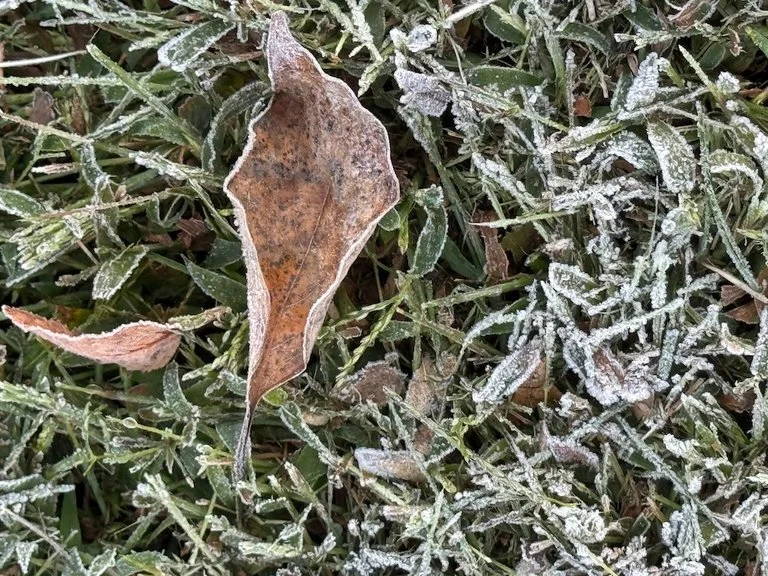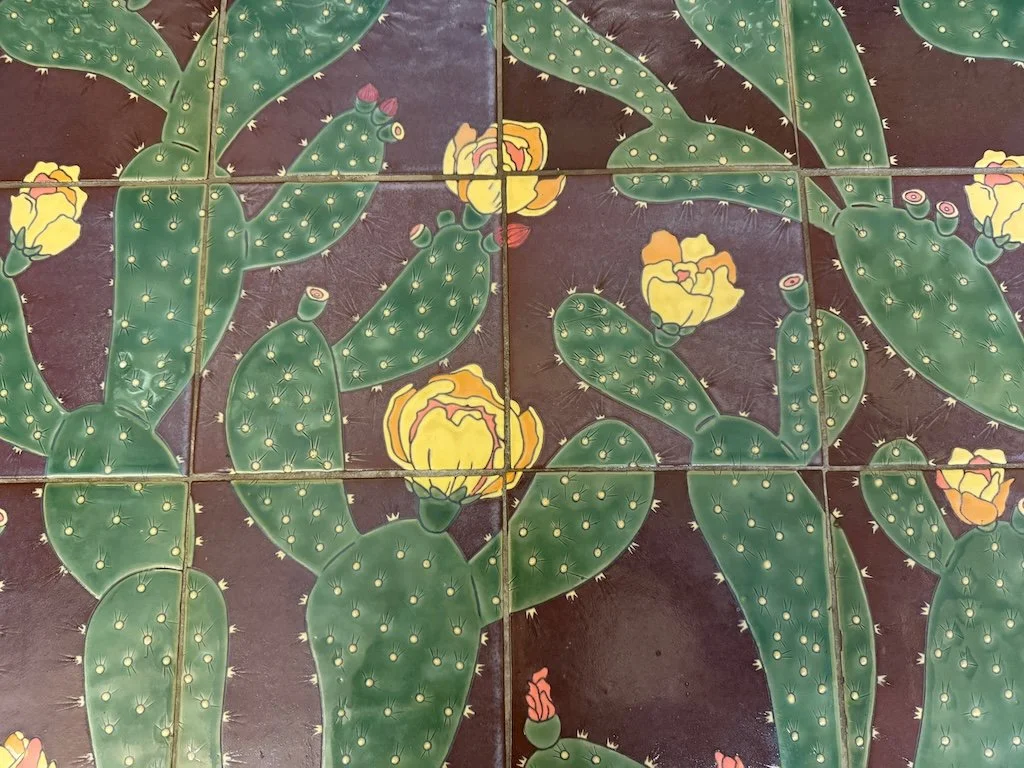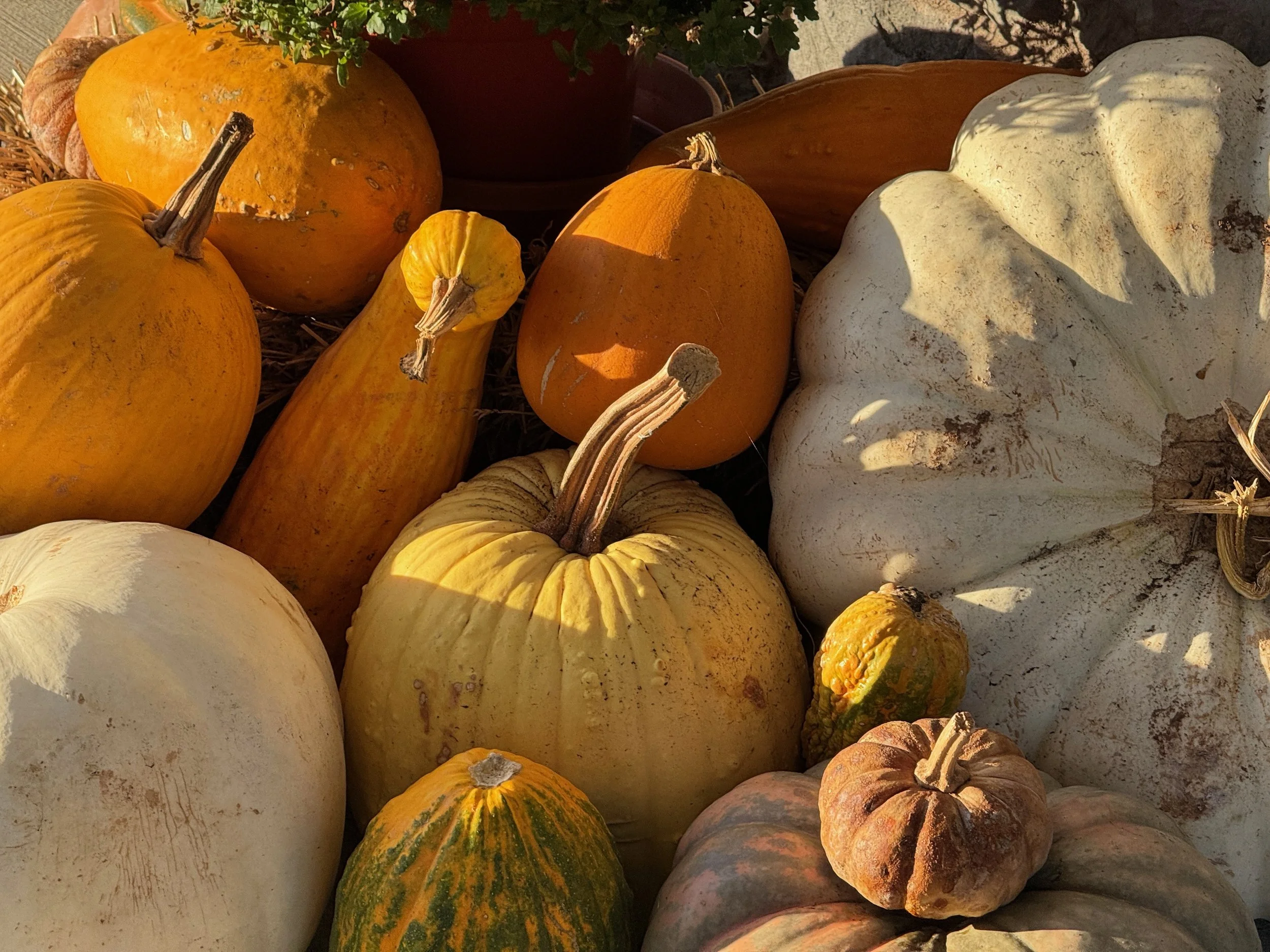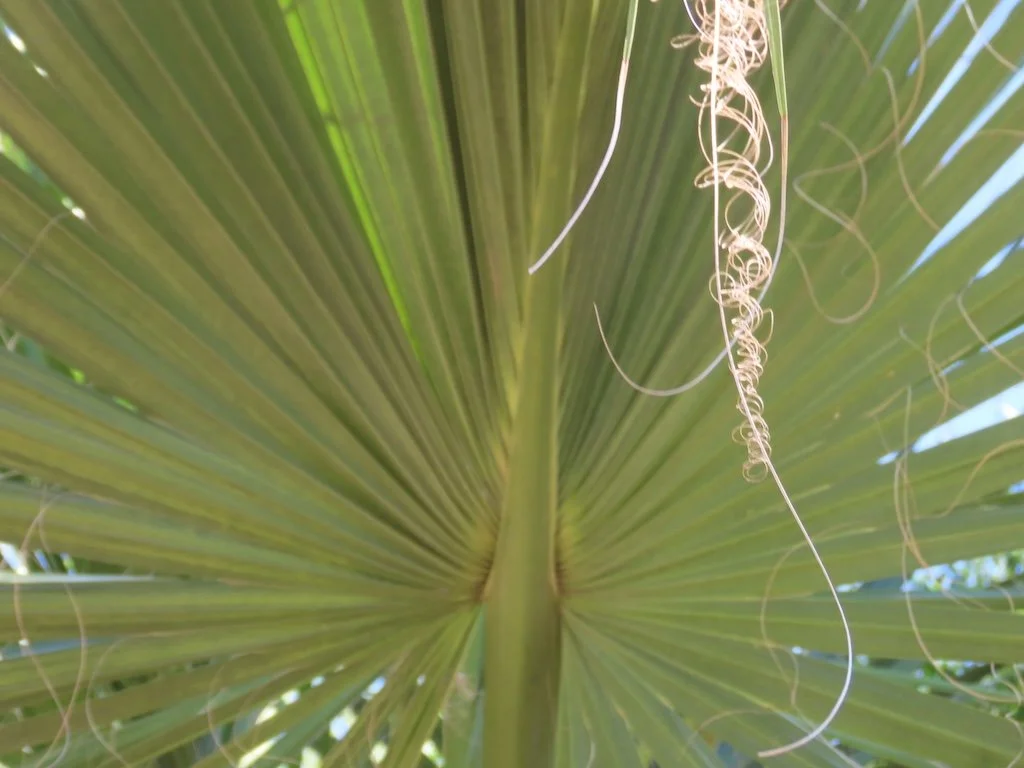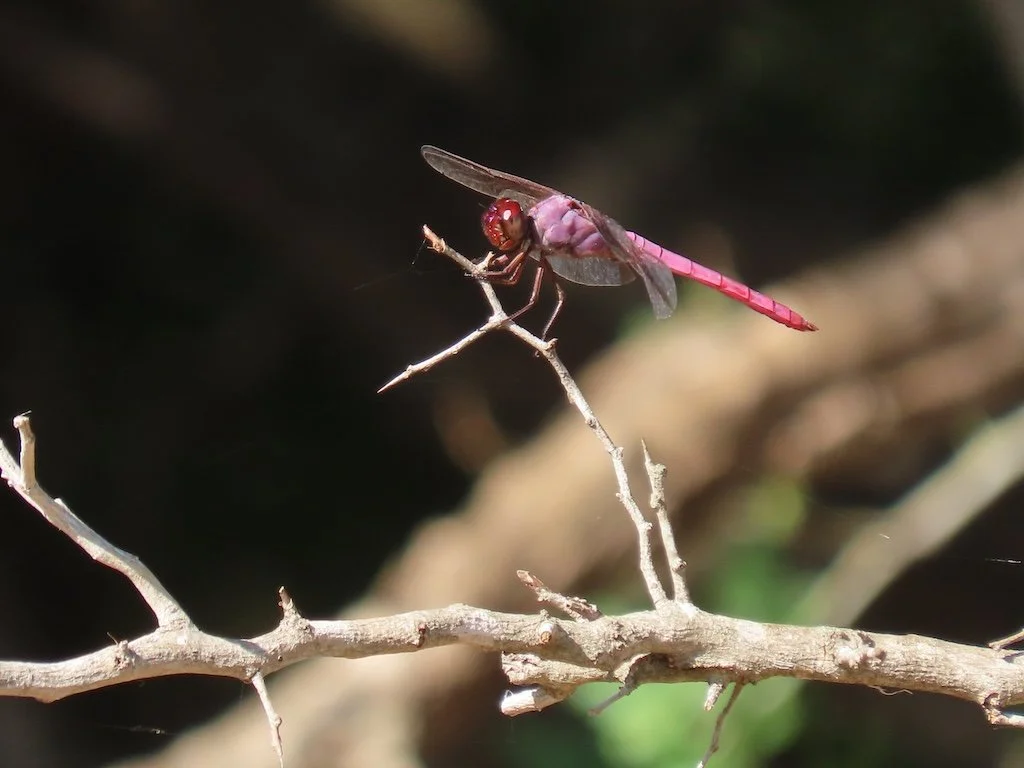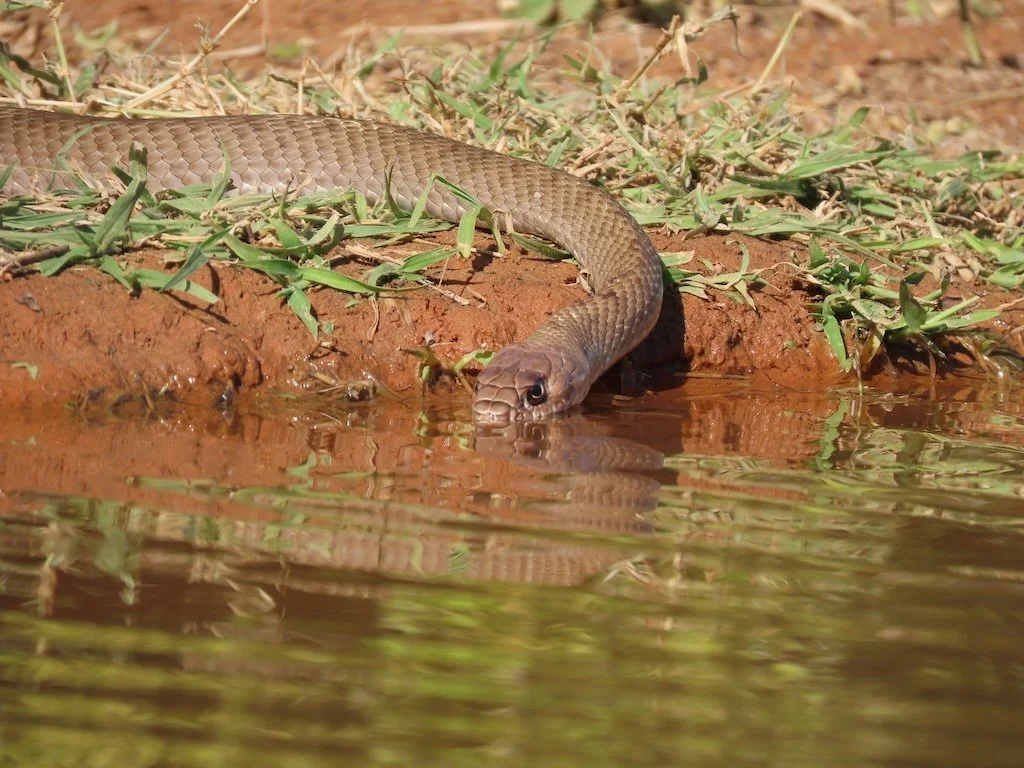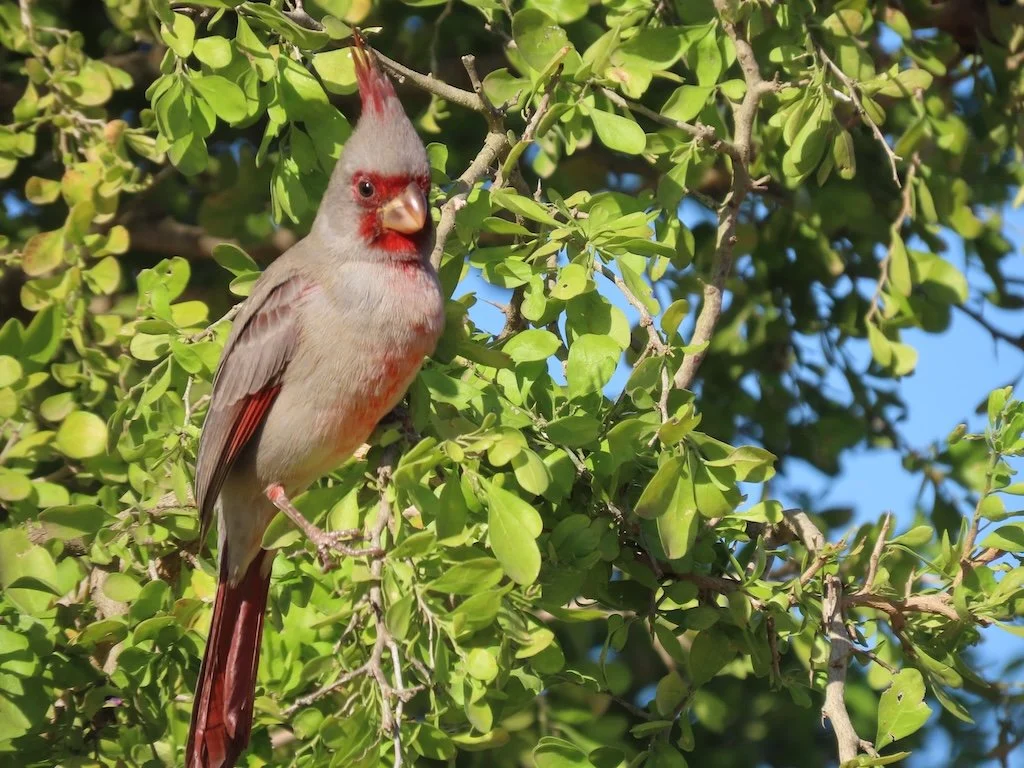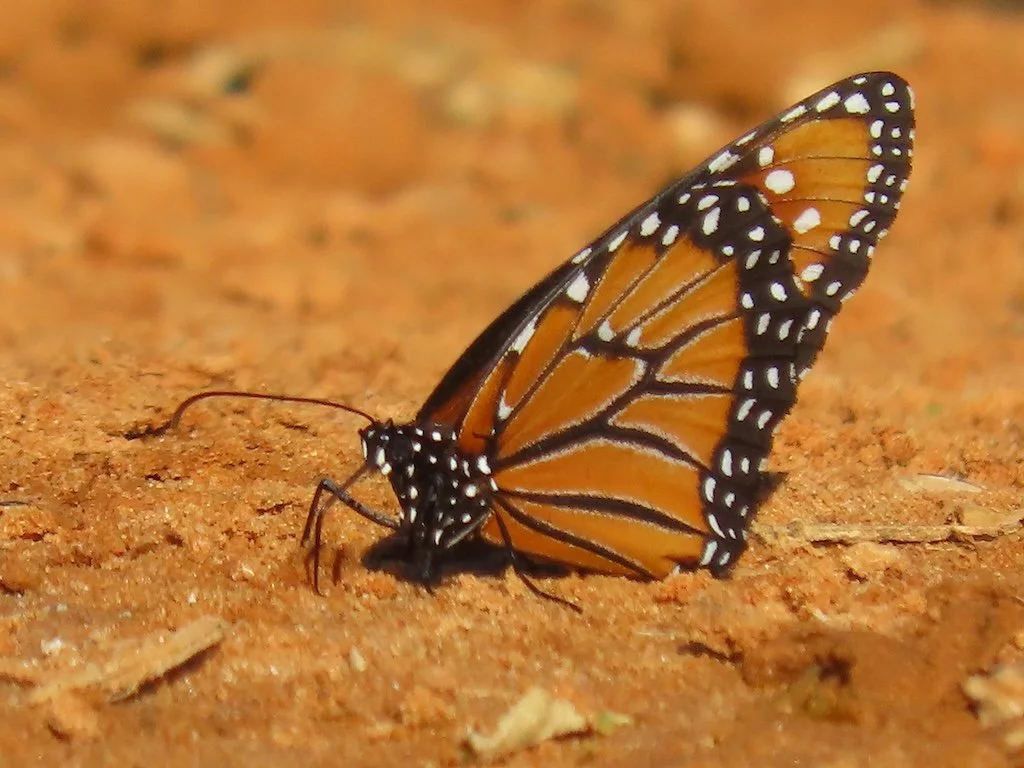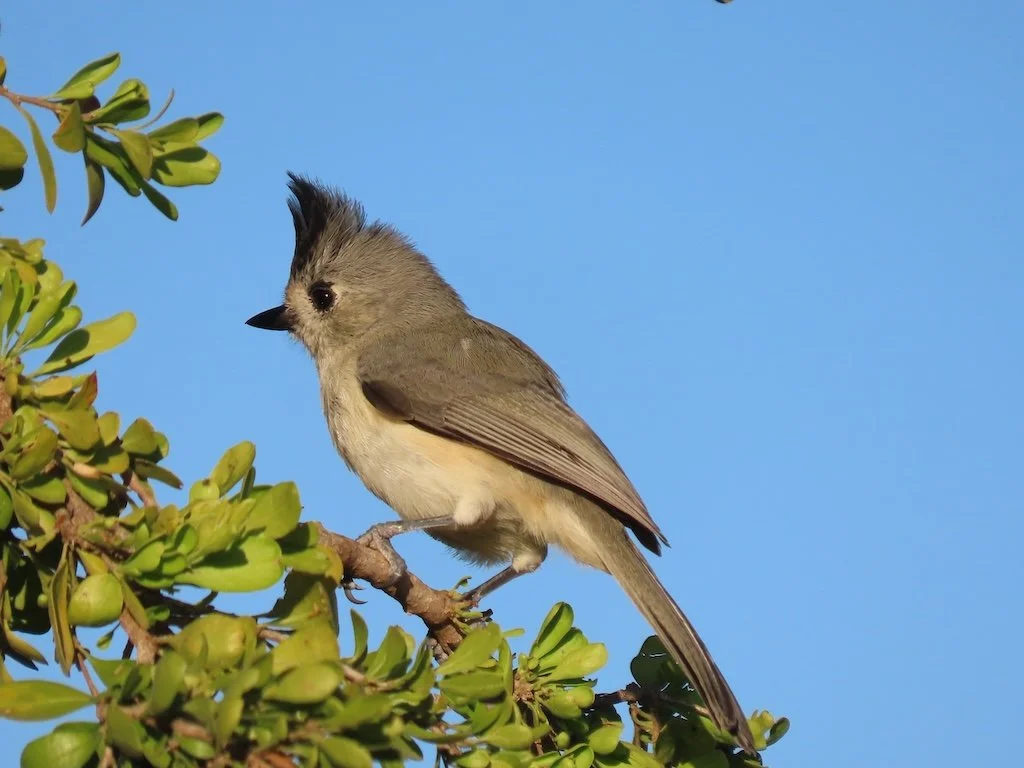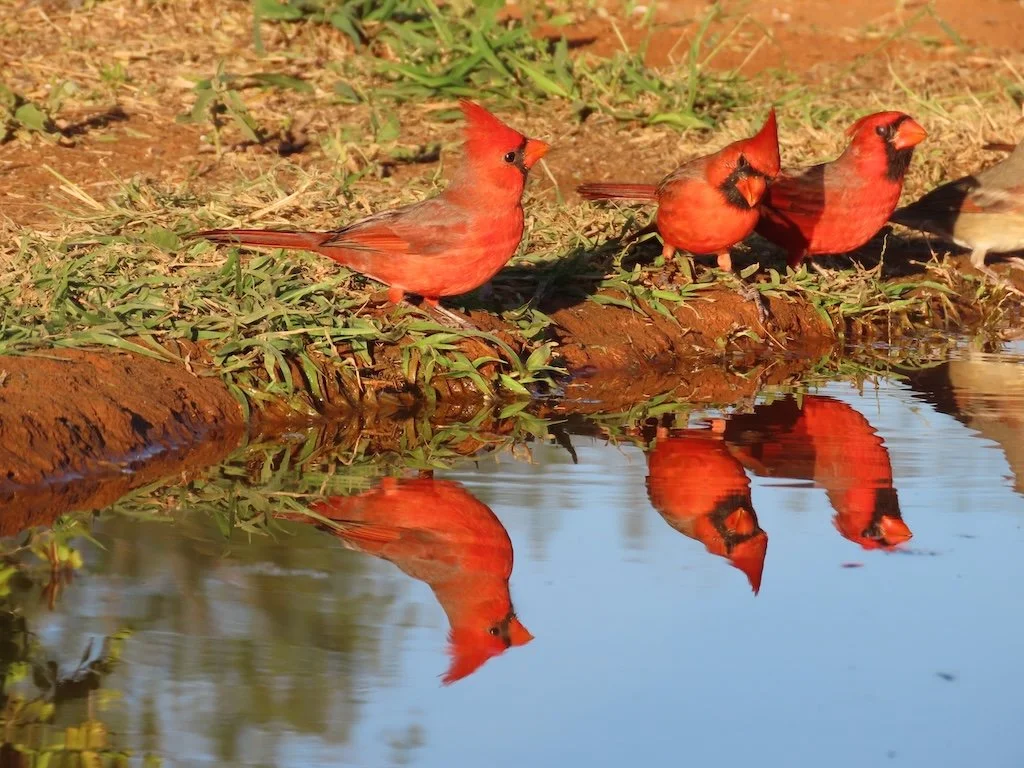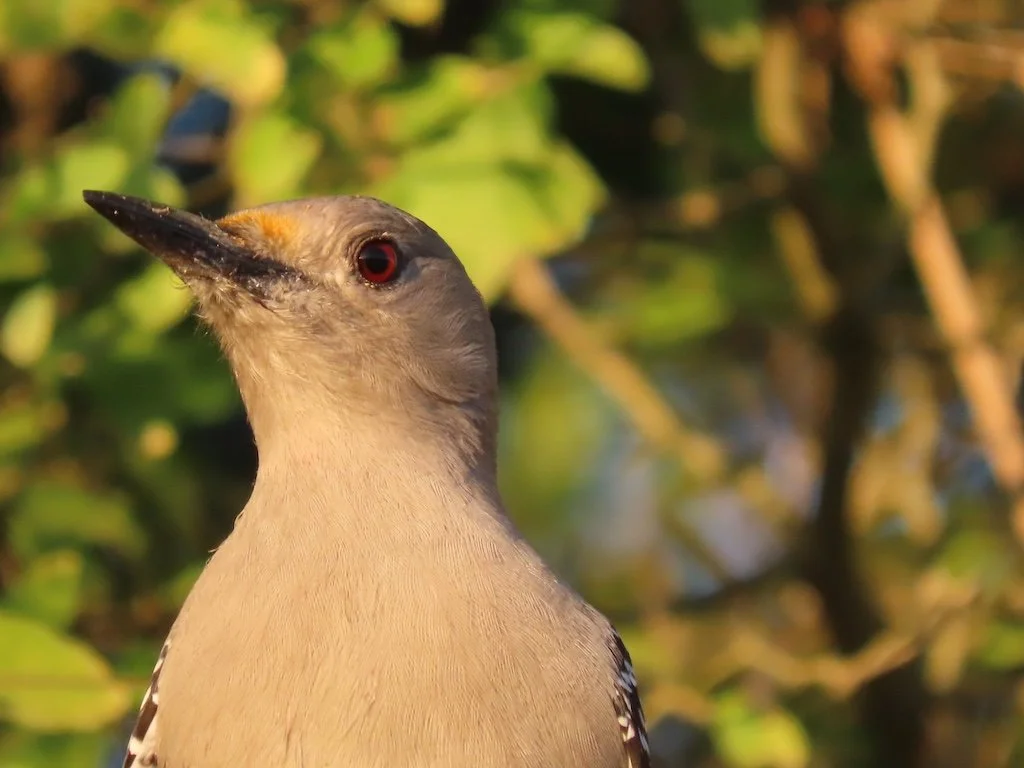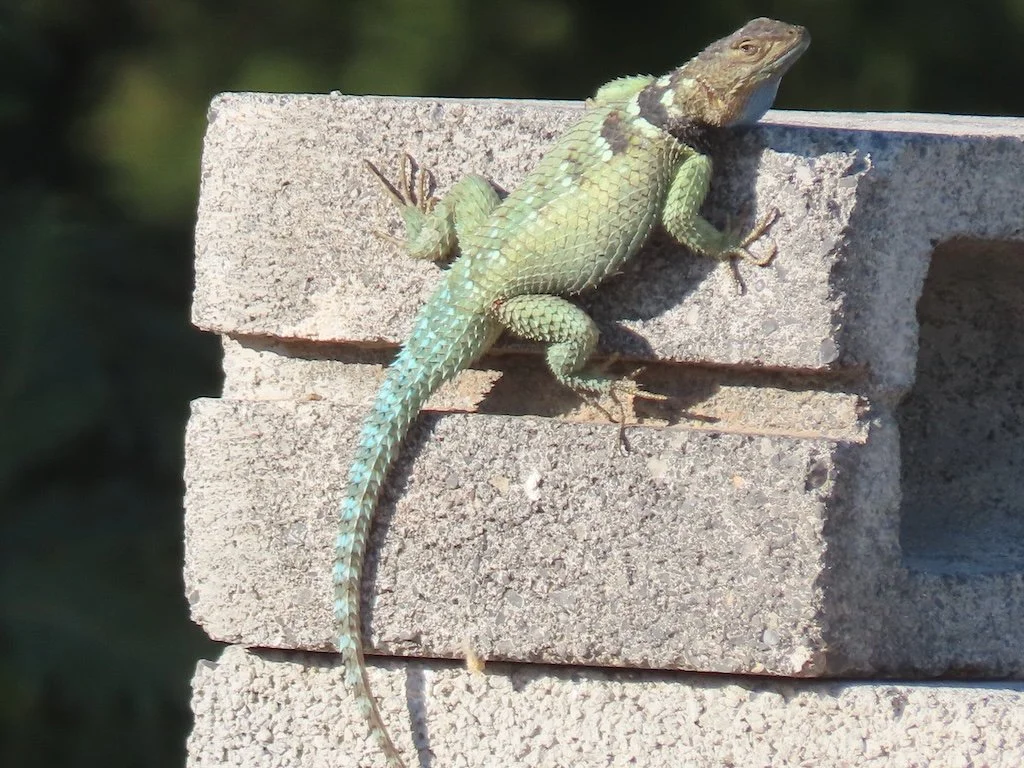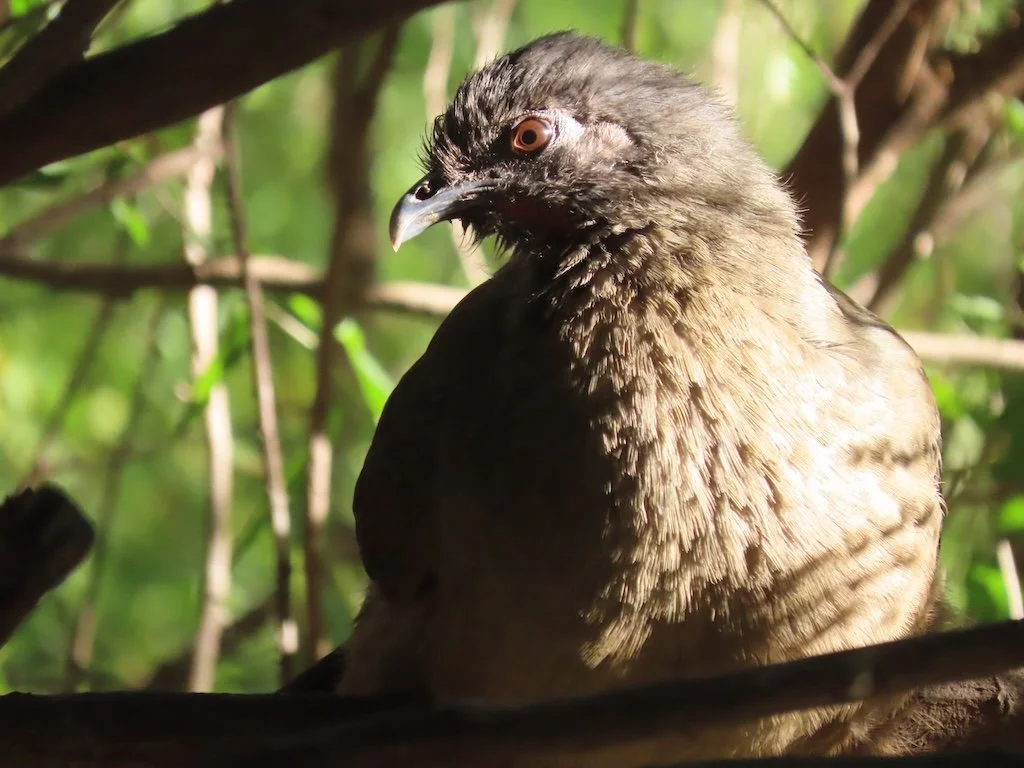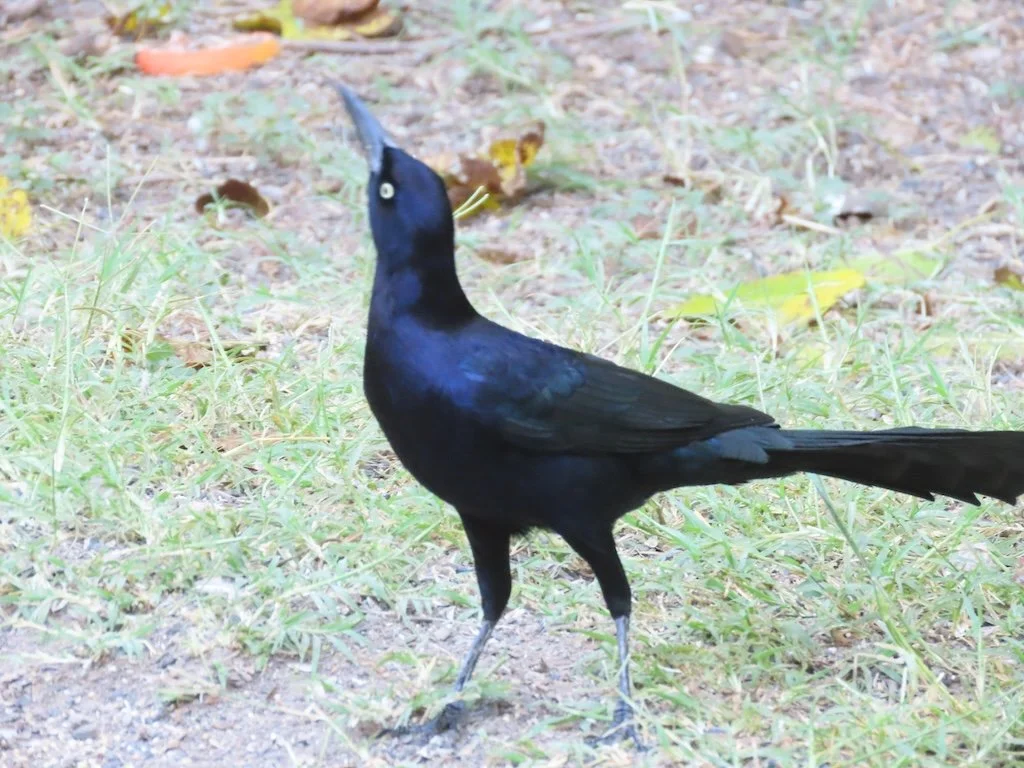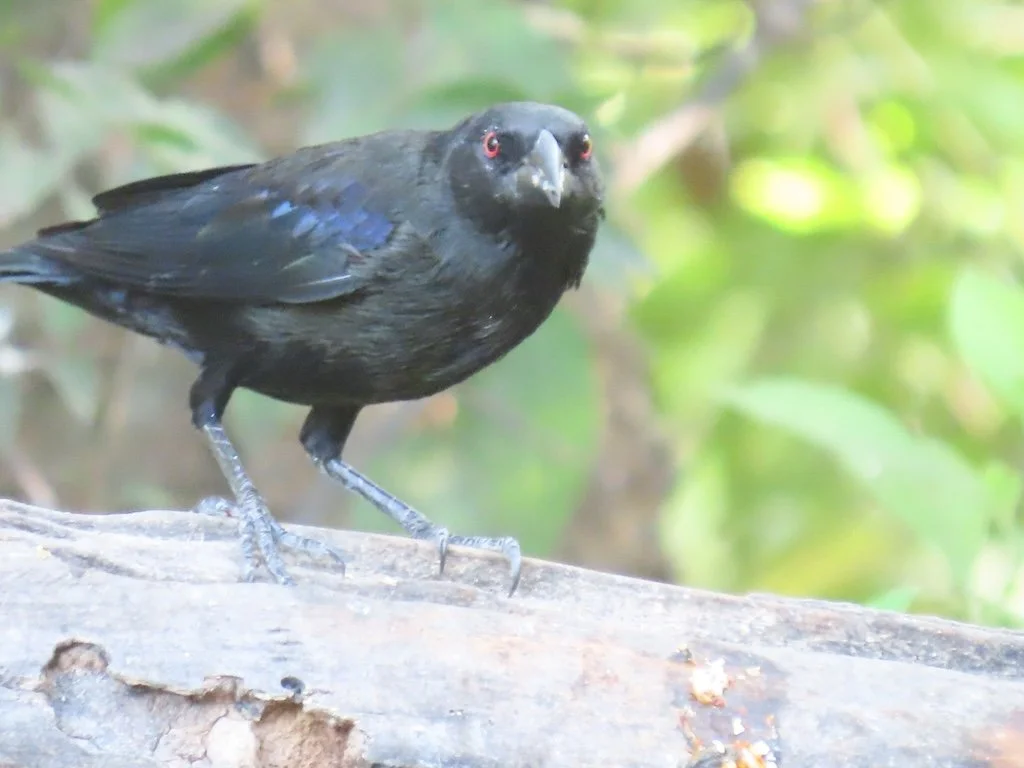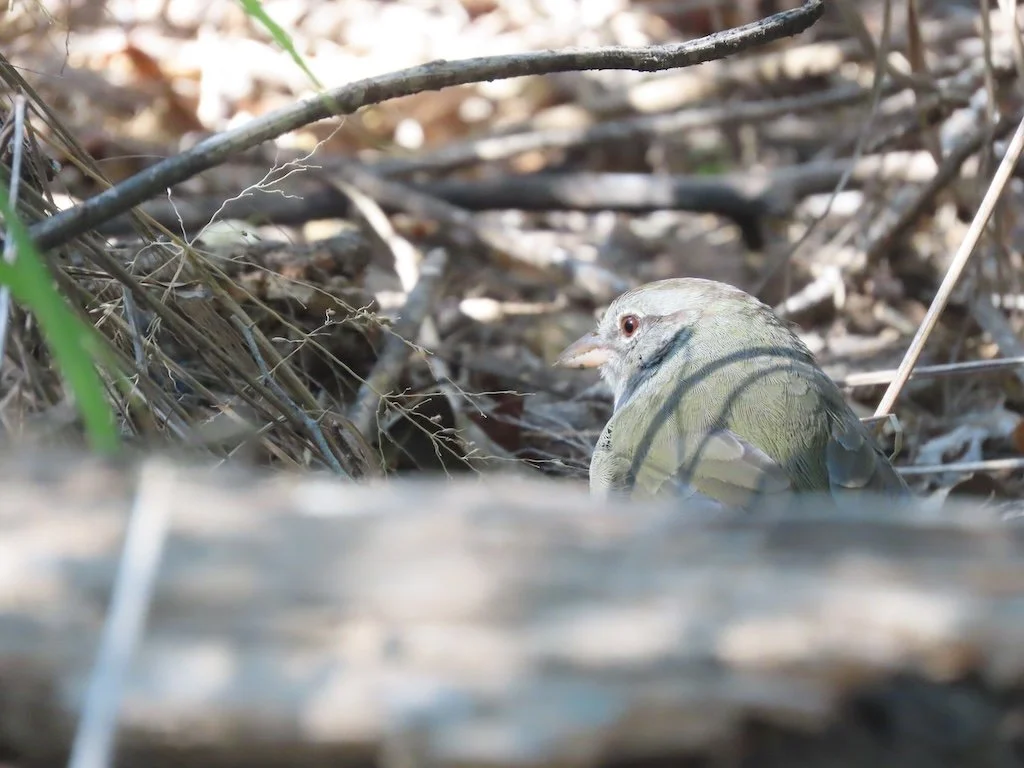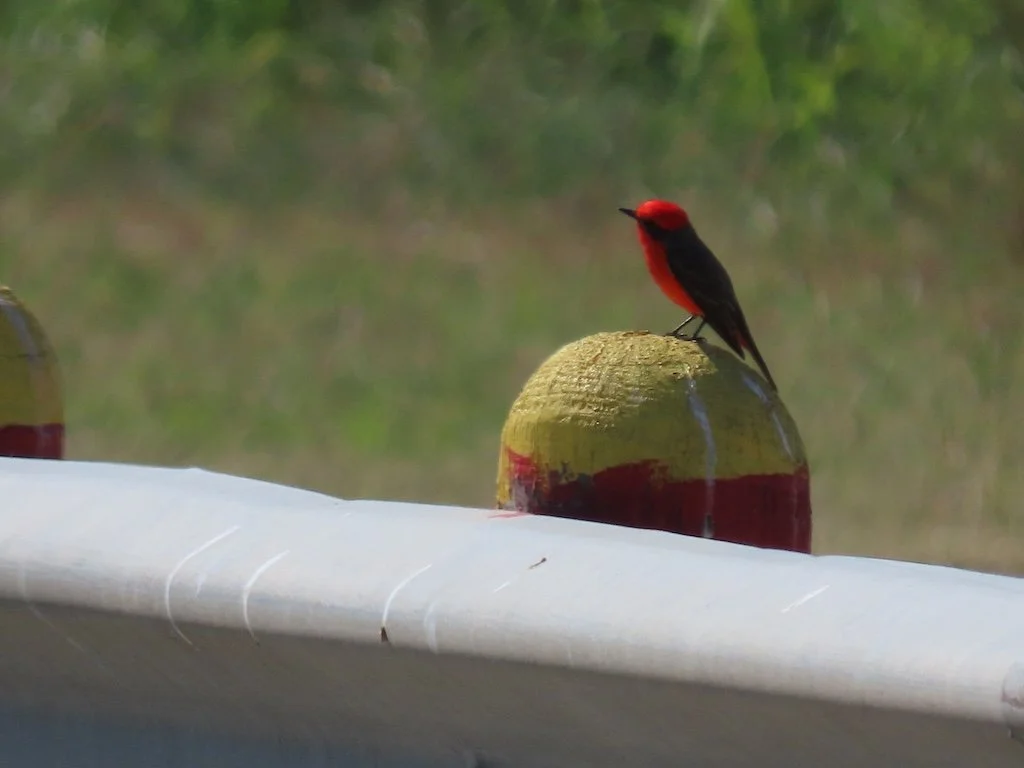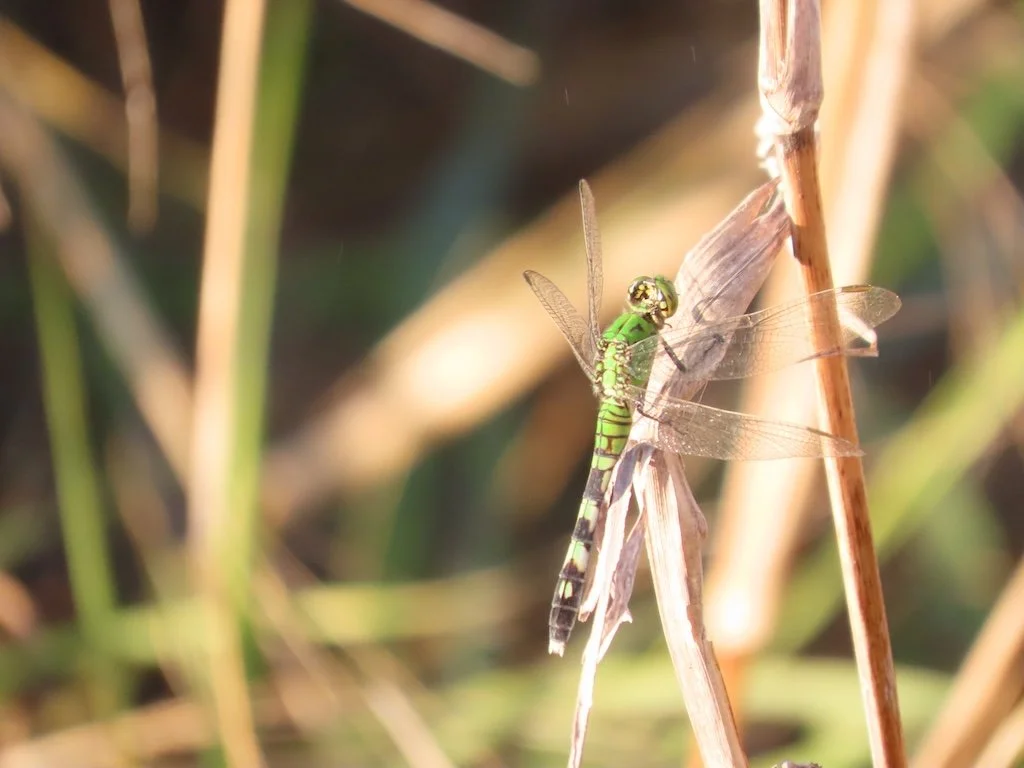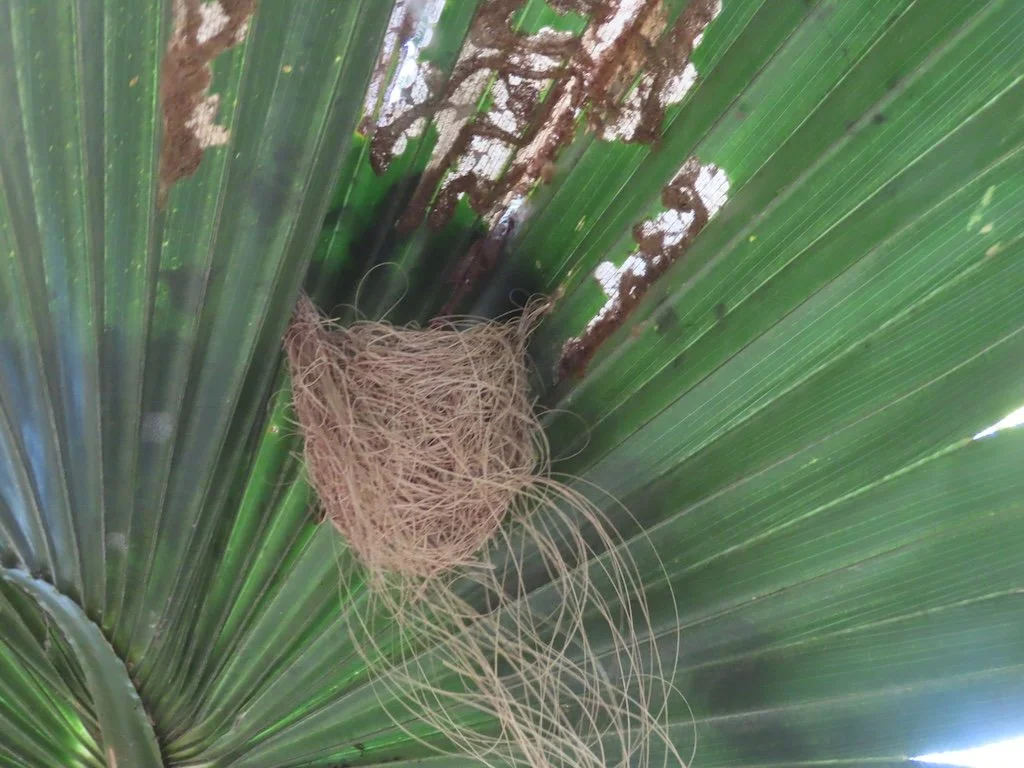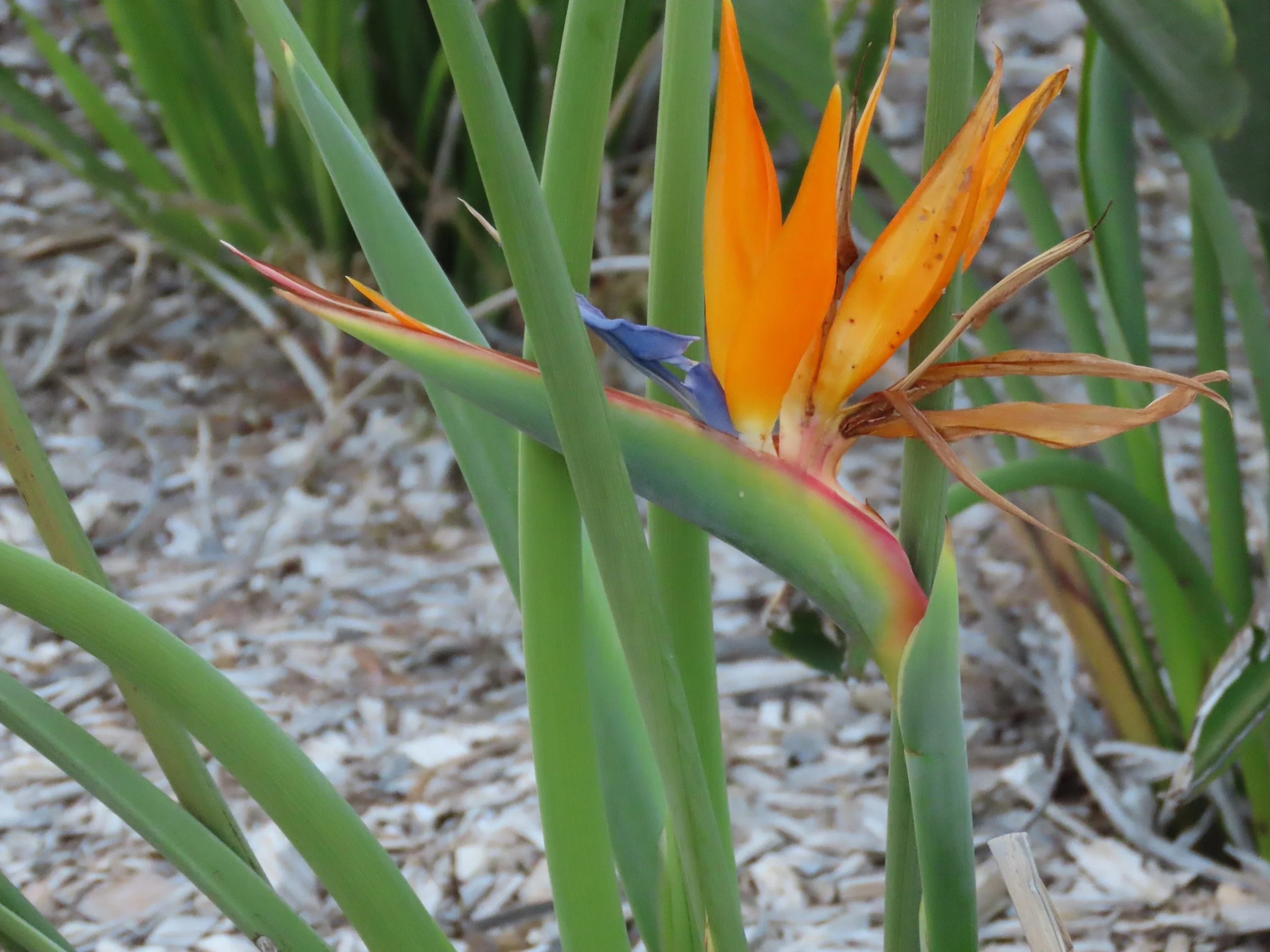Gleanings of the Week Ending January 25, 2025
/The items below were ‘the cream’ of the articles and websites I found this past week. Click on the light green text to look at the article.
How Will Climate Change Affect the Spread of Invasive Species? - The silver lining of knowing humans are still one of the main drivers of invasive species spread, is that humans can also curb invasive species spread. We can plant native plants in our yards and gardens instead of ornamentals from other states and countries. We can clean our boots, shoes, fishing waders and boats when we travel from one area to another, and we can stop releasing unwanted pets into local parks, ponds or creeks.
Kangaroo species went extinct in the Pleistocene - Nearly two dozen kangaroo species vanished in the Pleistocene. If things get warm enough, dry enough, kangaroos today are going to have a tough time making it, regardless of whether they're mixed feeders.
Medieval Crowns and Scepters Discovered Hidden Inside the Walls of a Crypt Beneath a Lithuanian Cathedral – It had been hidden for 85 years—since it was stowed for safekeeping beneath the Vilnius Cathedral in southeastern Lithuania - put there at the outbreak of World War II in 1939.
Your work habits may be threatening your sleep - Sedentary workers experience a 37% increase in insomnia-like symptoms. Employees working nontraditional schedules experience a 66% greater risk of needing 'catch-up sleep.' It’s more about how jobs are structured and staffed than individual ‘habits.’
Bold Parakeet Biting a Lizard’s Tail Wins SINWP Bird Photographer of the Year Contest – Lots of great photos!
Renewables Supplied Two-Thirds of Germany’s Power Last Year - In Germany the solar buildout continues to surpass government targets, with solar now amounting to 14 percent of power generation. Wind remains the biggest source of clean electricity, accounting for 33 percent of generation, though new wind farms are being developed more slowly than planned. Along with new renewable power plants, Germany is seeing a growth in battery storage as homeowners install batteries alongside rooftop solar panels.
Why just two hours of exercise a week can be life-changing - One retrospective study of over 37,000 people found those who did their week's worth of physical activity over just one or two days had the same reduction in cardiovascular disease risk as those who did activity spread throughout the week.
Lead pollution likely caused widespread IQ declines in ancient Rome, new study finds - Scientists used Arctic ice core records to reconstruct historic atmospheric lead pollution in Ancient Rome and link exposure to cognitive declines. Ancient lead pollution stemmed largely from silver mining, whereby the lead-rich mineral galena was melted down to extract silver. For every ounce of silver obtained, this process produced thousands of ounces of lead -- much of which was released to the atmosphere. In the 20th century, lead pollution predominantly came from the emissions of vehicles burning leaded gasoline.
A Half Mile Underwater on Connecticut’s Eight Mile River - Designated a Wild and Scenic River. Black rock geology and tannin in the water take most of the light making visibility to a snorkeler limited. Caddisfly larvae, mussels, Chinese snails (invasive, aquarium escapees), musk turtle, white sucker, common and spottail shiners, sea lamprey (a native here, unlike in the Great Lakes), redbreast sunfish.
Pirates, princes and hostages: inside the mysterious life of the unnamed medieval princess of Cyprus – An example of how medieval women found ways to overcome the limitations placed on them…but not one with a ‘happy’ ending.

